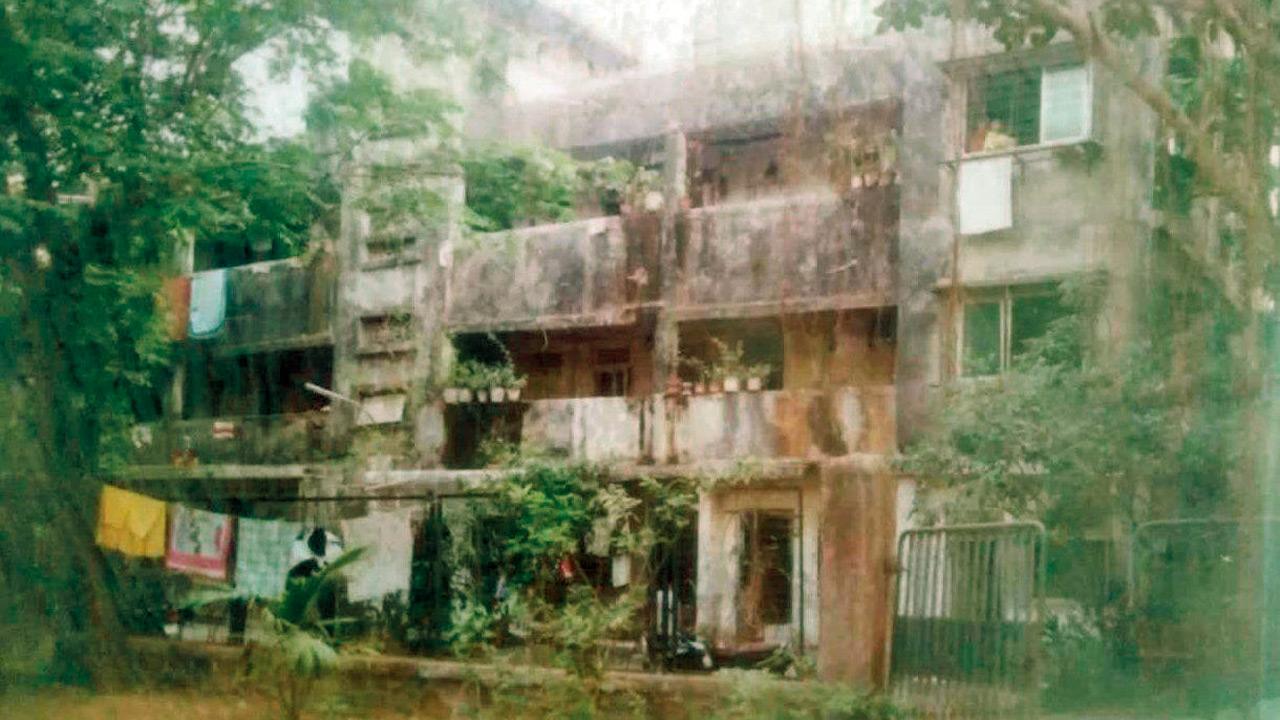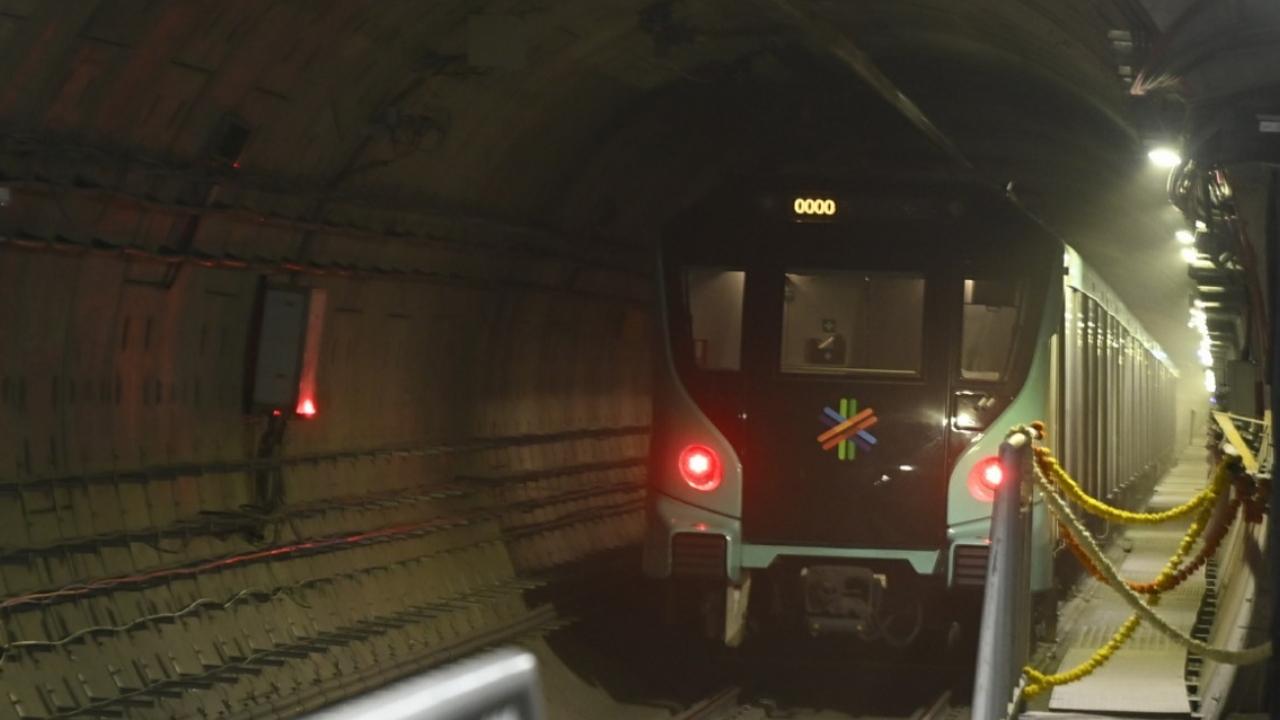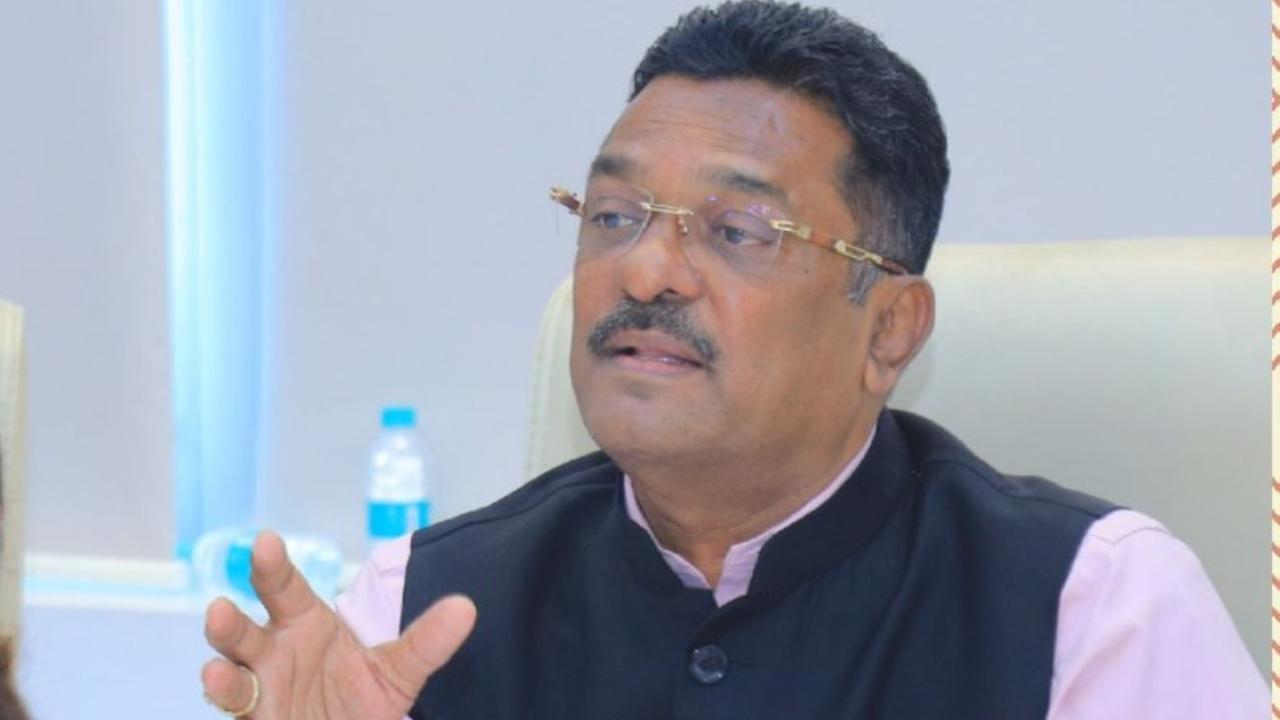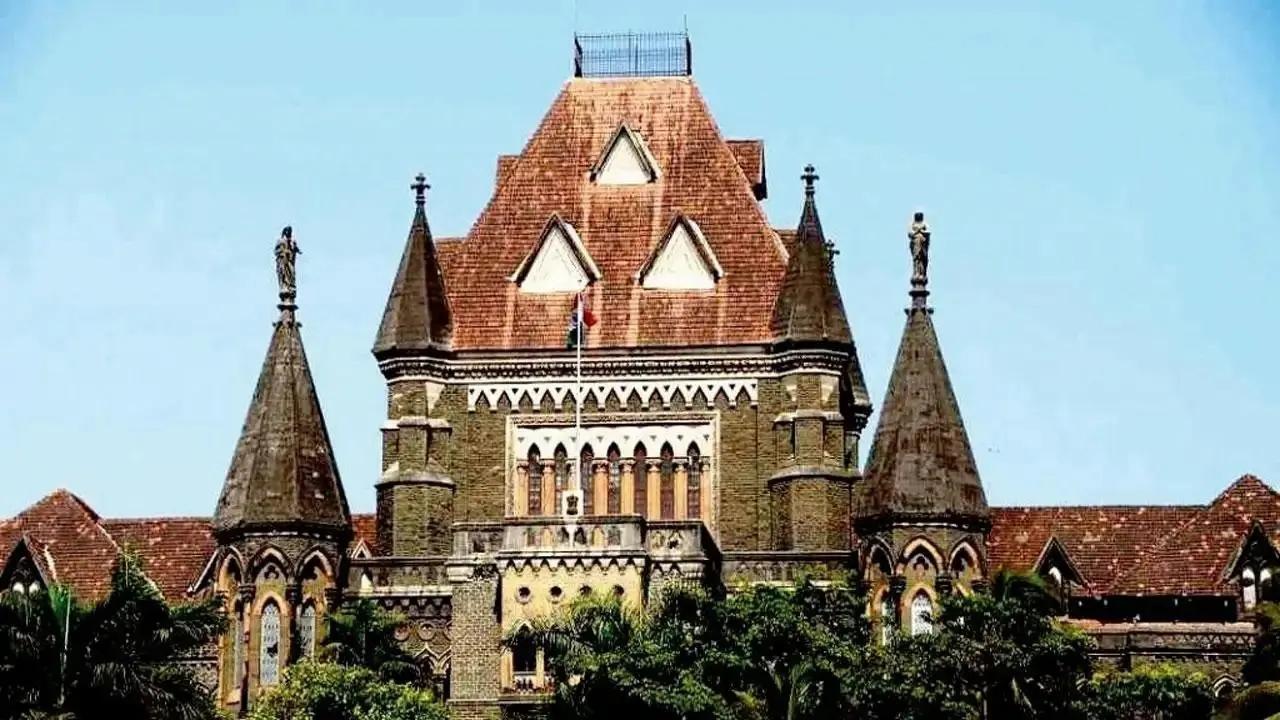With over 1.25 lakh cooperative housing societies and 2 lakh apartment associations in Maharashtra, and nearly 30 per cent of the housing stock either undergoing or eligible for redevelopment, the process has moved from being an exception to becoming the mainstream housing solution. However, disputes are increasing, and existing legal remedies have not kept pace.
While MahaRERA has been useful, it does not cover most redevelopment-related conflicts and itself faces rising delays and backlogs. To address this, the Maharashtra State Housing Federation has proposed a new, independent Redevelopment Dispute Resolution Authority to ensure fair and timely resolutions.
With more than 6000 such cases pending in the high court and many more in lower courts, faster justice is vital. Advocate Shreeprasad Parab confirmed the urgent need for reforms. “The legal redress mechanisms remain outdated, fragmented, and ill-equipped to deal with the scale and urgency of redevelopment issues,” said Parab.
Crisis for societies
“Time and again, housing societies face litigation dragging on for 10 to 15 years, halting construction and leaving members forced to live in rented homes or, in extreme cases, on the streets,” said Parab. He added, “Though the civil court system is robust, it lacks mechanisms for urgent intervention in community-impacting, time-sensitive disputes.”
Since 2007, residents were out of their houses, and now they have opted for self-redevelopment after winning the SC case. PICS/BY SPECIAL ARRANGEMENT
Citing an example, Parab said, “Tilak Safalya Co-operative Housing Society Ltd, a modest MHADA-layout society in Tilak Nagar, Chembur, signed a redevelopment agreement in 2007 but spent over a decade in litigation, from arbitration to the Hon’ble Supreme Court, regaining rights only in 2018.”
Fragmented framework
According to Advocate Parab, redevelopment disputes sit at the crossroads of multiple, overlapping laws and regulations, including Cooperative Law under the MCS Act, 1960, contract law, the Maharashtra Ownership Flats Act (MOFA), RERA, DCPR 2034, and various municipal building regulations, making it a complex area that demands a specialised forum to harmonise these domains in a housing-specific, community-sensitive context.
Limitations of MahaRERA
Contrary to common belief, MahaRERA’s jurisdiction primarily covers homebuyer versus developer disputes and only marginally extends to unregistered redevelopment projects. However, disputes between societies and developers, particularly during the pre-registration stage or in cases lacking majority consent, fall outside MahaRERA’s purview.
CA Ramesh Prabhu, founder chairman of the Maharashtra Society Welfare Association (MahaSeWA), said, “Redevelopment or self-redevelopment is not specifically mentioned in the RERA (Real Estate Regulation and Development Act). Since it does not come under the current provisions, the responsibility lies with the Central Government to bring suitable amendments. Unfortunately, such amendments usually take several years, especially those involving stalled redevelopment projects.”
Prabhu further highlighted the mounting workload on MahaRERA. Since its establishment in 2017, it has received 30,953 complaints, 23,895 resolved, and 7058 still pending. With about 3000 complaints disposed of annually and 4000 new filings each year, resolution timelines could easily extend to 3–4 years.
Poor execution
Prabhu pointed to another major issue, “Even after complaints are disposed of, execution of RERA orders remains extremely weak, barely 10 per cent. These cases are referred to the collector or the city civil court under Section 40 of RERA, but ground-level enforcement is poor. Disposing of a complaint does not mean the problem is resolved.” “As a result, many matters escalate to the high court, where prolonged litigation, often influenced by financially and legally powerful developers, further delays justice, leaving genuine society members without effective relief,” Prabhu said.
Dispute resolution authority
Both Prabhu and Parab stressed the urgent need for state-level intervention. “It is the State Government’s responsibility to provide relief, safeguard residents’ interests, and ensure MahaRERA is not overburdened,” said Prabhu.
He added that the government must create an independent Redevelopment Dispute Resolution Authority dedicated solely to redevelopment and self-redevelopment. Such a body would protect middle-class homeowners, expedite disputes, uphold the Right to Shelter (Article 21) and Right to Property (Article 300A), and advance cooperative justice under Article 43B, restoring public faith in redevelopment.











